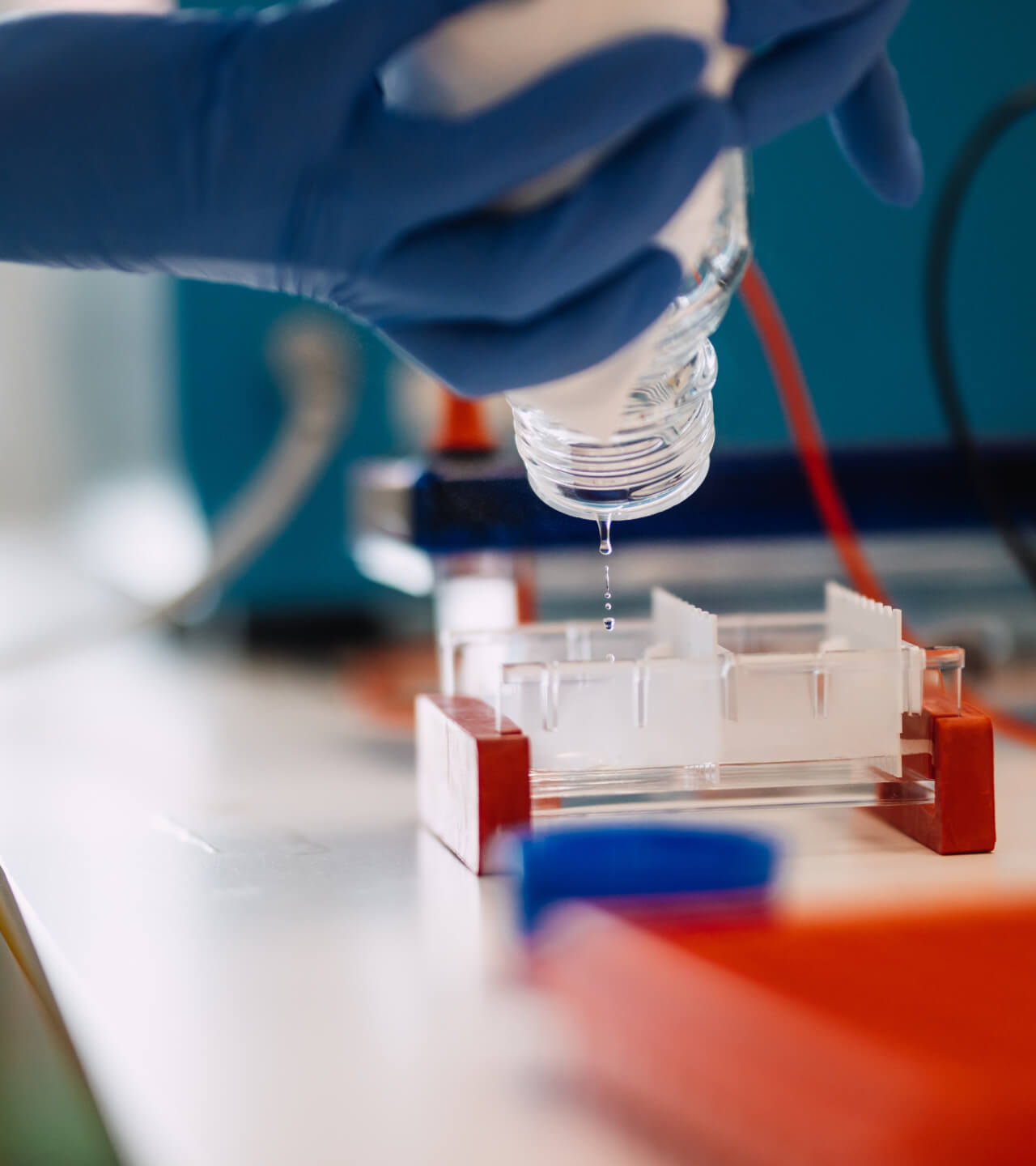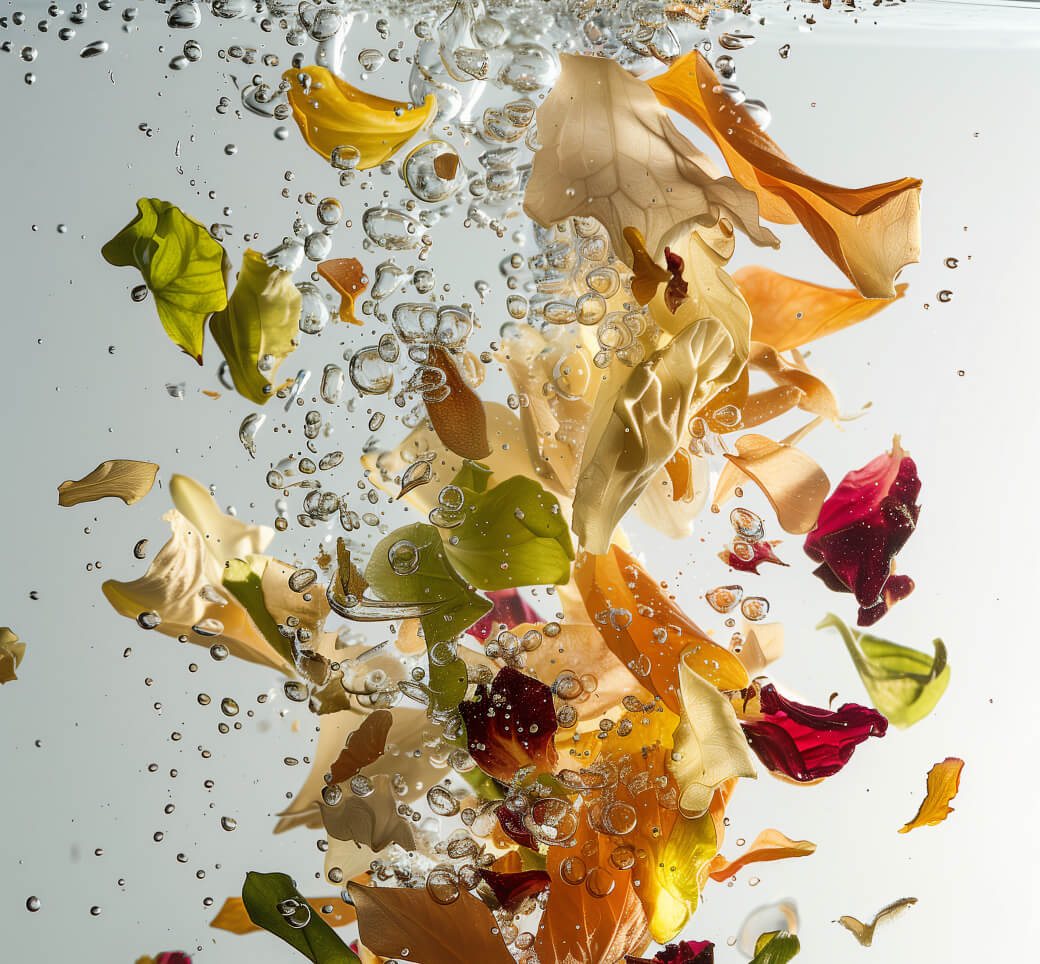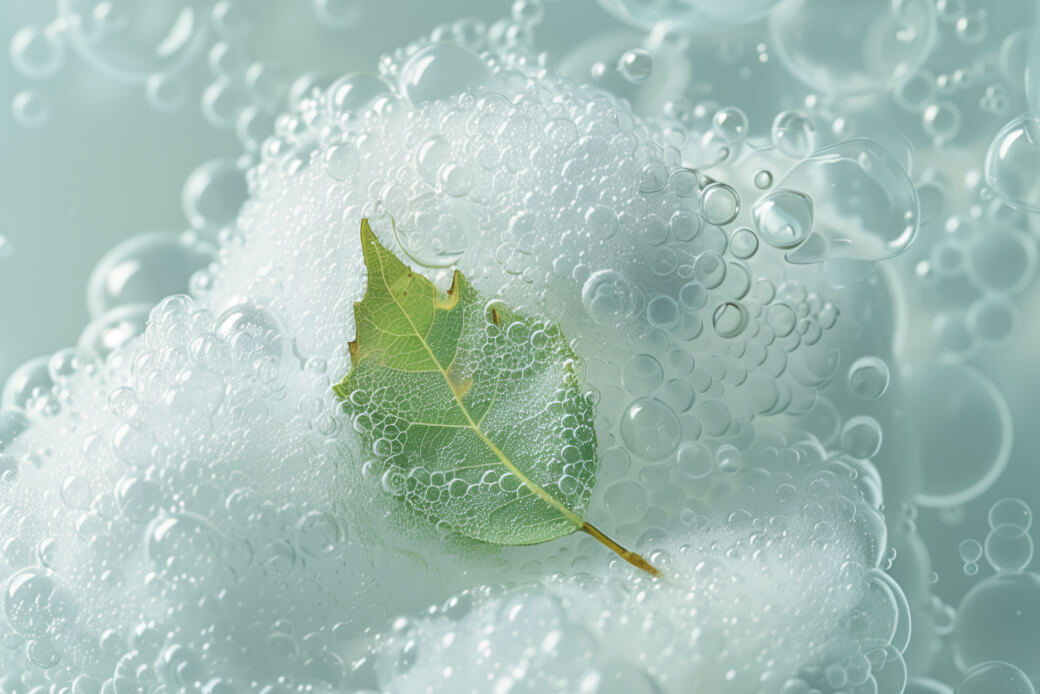

Menu
Order Samples

transforms bio-based waste- and side streams into high-performance microbial biosurfactants—setting new standards for sustainability and affordability in the industry.
THE NEED FOR SUSTAINABLE SURFACTANTS
Globally, over 20 million tonnes of surfactants are produced every year, but only 4% are fully biobased and less than 0.5% are produced using biological methods like plant extraction, biocatalysis or microbial fermentation.
<
TONNES
20M
ONLY
4%
ARE FULLY BIOBASED
>
0.5%
ARE PRODUCED BIOLOGICALLY
AMPHISTAR’S BIOSURFACTANT TECHNOLOGY PLATFORM
Our platform, amongst other things, utilises the highly productive yeast Starmerella bombicola, originally isolated from bumblebee honey, to produce over 25 distinct and well-characterised glycolipid biosurfactants. Demonstrated at the 15 m³ scale, our technology delivers high-purity products ideal for a wide range of applications.

Unique technology for the cost-efficient, scalable and ecological production of high-performing, sustainable biosurfactants.
Analysis & characterisation
POWERED BY NATURE
Our production processes are based on industrial biotechnology, using local, sustainable, and renewable raw materials.
Our technology is capable of using both conventional first generation (1g) biomass feedstocks, such as glucose and fatty acids from locally sourced plant oils, and second generation (2g) feedstocks, like crude glycerine and food waste.


Whilst 1G feedstocks can have a notable environmental impact due to agricultural processes, our focus on using side streams and waste materials (2G feedstocks) maximises sustainability.
By prioritising these waste and side-streams, AmphiStar aligns with the goals of a circular economy, creating value across multiple sectors and reducing overall environmental impact.
Fossil based
E.G. LAS, AMINE OXIDES
HARSH PROCESS CONDITIONS
Partly biobased
E.G. AES, ETHOXYLATES
HARSH PROCESS CONDITIONS
Fully biobased
E.G. APGS, SUCROSE ESTER, RHAMNOLIPIDS, SOPHOROLIPIDS
HARSH PROCESS CONDITIONS
Fully biobased
E.G. APGS, SUCROSE ESTER, RHAMNOLIPIDS, SOPHOROLIPIDS
>98% OF USED SURFACTANTS ARE NOT SUSTAINABLE!
| Cookie | Duration | Description |
|---|---|---|
| cookielawinfo-checkbox-analytics | 11 months | This cookie is set by GDPR Cookie Consent plugin. The cookie is used to store the user consent for the cookies in the category "Analytics". |
| cookielawinfo-checkbox-functional | 11 months | The cookie is set by GDPR cookie consent to record the user consent for the cookies in the category "Functional". |
| cookielawinfo-checkbox-necessary | 11 months | This cookie is set by GDPR Cookie Consent plugin. The cookies is used to store the user consent for the cookies in the category "Necessary". |
| cookielawinfo-checkbox-others | 11 months | This cookie is set by GDPR Cookie Consent plugin. The cookie is used to store the user consent for the cookies in the category "Other. |
| cookielawinfo-checkbox-performance | 11 months | This cookie is set by GDPR Cookie Consent plugin. The cookie is used to store the user consent for the cookies in the category "Performance". |
| viewed_cookie_policy | 11 months | The cookie is set by the GDPR Cookie Consent plugin and is used to store whether or not user has consented to the use of cookies. It does not store any personal data. |